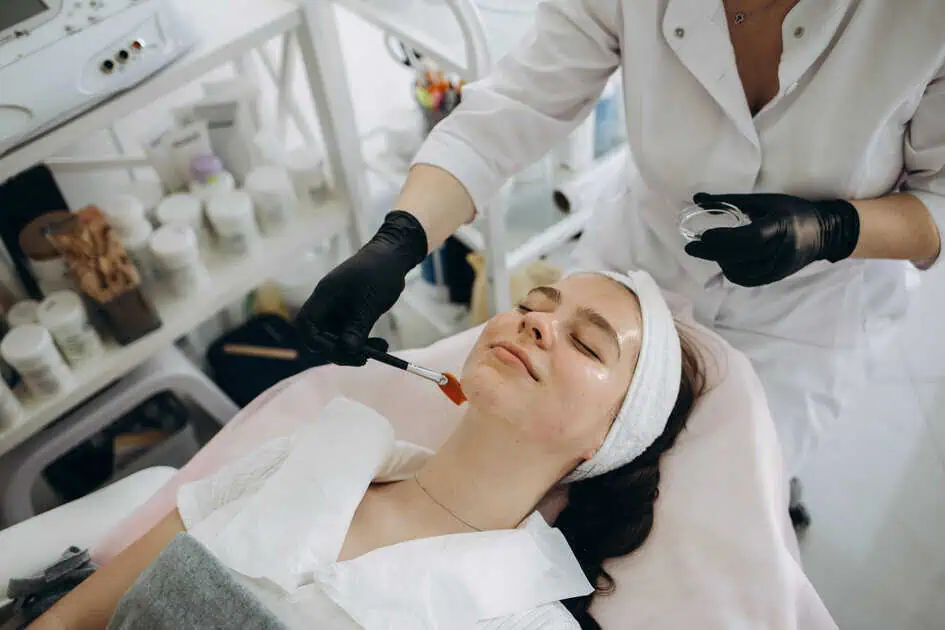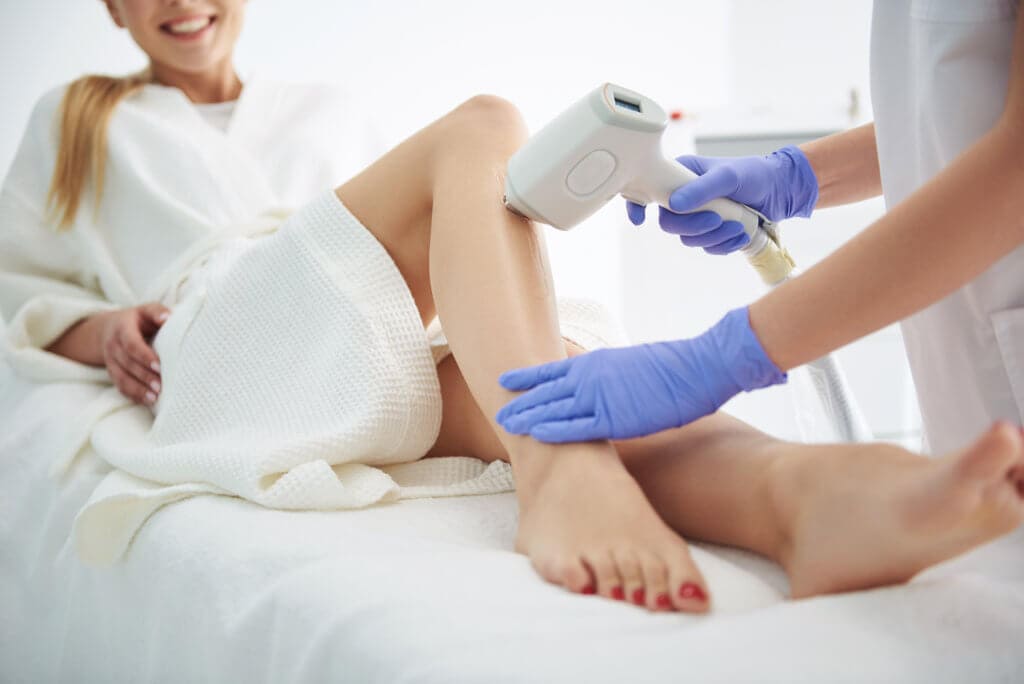

The use of lasers to cure skin abnormalities or remove skin imperfections is known as a laser skin treatment or laser skin resurfacing. This is an excellent option to consider if you’re seeking a way to get younger-looking, silkier skin. Laser vaporization and laser peel are other names for laser skin therapy. The epidermis, or the skin’s outermost layer, is what’s taken off during laser skin treatments.
Simultaneously, the dermis (the layer of skin beneath the surface) is heated, prompting the skin cells to create elastin and collagen fibers. It has been shown that using lasers to cure skin damage causes controlled skin harm, which speeds up the healing process and even allows for some re-modeling of the injured area. New skin cells generated during the healing process make for a more refined and toned skin surface.
Now, a wide range of skin issues can be treated using lasers. Laser skin therapy is effective for wrinkles, crow’s feet, and other fine facial lines. Laser skin therapy may improve sun damage, tiny or shallow scars, acne patches, and telangiectasia (lesions made up of small blood vessels). While stretch marks may fade with time, they are rarely eliminated. People with dark skin tones or active acne problems are not good candidates for laser skin resurfacing.
Laser skin resurfacing is beneficial because it can be adjusted to each patient’s needs, allowing for the removal of specific skin lesions and improving other skin conditions.
Laser skin treatments use one of two different laser technologies. The carbon dioxide (CO2) laser may remove tiny layers of skin while causing minimum thermal harm to the surrounding tissues. The average time needed for recovery is two weeks.
However, the Erbium laser causes less harm to the neighboring tissues; therefore, side effects like redness and swelling are reduced even further. Scars can be eradicated, and the healing process takes significantly less time. The carbon dioxide laser is the riskier if you’re concerned about scarring or hypopigmentation.
Laser skin resurfacing is nothing new; however, fractional laser photothermolysis is a relatively recent development. The skin is treated with a fractional laser that emits light in tiny, targeted beams. This allows for more control and safety by separating treatment areas with intact, unaffected skin.
In addition to other cosmetic surgeries like liposuction and facelift, laser skin treatments can be utilized to even out the skin’s texture and tighten sagging areas.
Consult a dermatologist or plastic surgeon to determine if laser skin treatments suit you. You should look for a qualified and experienced doctor in laser procedures. They will be able to tell you if you are a healthy enough candidate for the operation. They will be able to explain how the process works, assist you in establishing sensible objectives, and manage your expectations leading up to the procedure.
If you have a history of fever, allergies, sores, or blisters, you should tell your doctor since you may be at an increased risk of experiencing such side effects from the medication. Before the surgery, you may be requested to stop using certain drugs. Before the operation, your doctor may recommend using a topical retinoid or an oral antibiotic to help your skin heal and avoid infection. Smoking must be avoided for at least two weeks, and time in the sun must be reduced.
When it comes to laser skin treatments, you can expect to go home the same day as your procedure. The time required for this treatment ranges from 30 minutes to 2 hours, with the latter being the average. A local anesthetic is used to ensure patient comfort before the operation. Sedation may be necessary if a significant skin region has to be treated.
You’ll learn the best ways to handle your skin after it’s been treated. You’ll be instructed to apply ointment or lotion and cleanse the affected region multiple times daily. Scarring in the treated area is reduced as a result.
Wearing sun protection after treatment is also required. Post-operative redness and swelling (erythema) are possible. Keep your head elevated, especially while you sleep, and apply a cold compress to the affected areas. Steroids may be required to reduce edema in some people. They usually clear up within the first two weeks following the operation. After a few days, most people can wear makeup again. If you have plastic surgery or dermatology done, ask your provider what to do afterward.
You’ll need to check in with your doctor after your laser skin treatment to ensure everything is going well. Your doctor will be able to monitor your skin and your progress more closely this way. After a certain amount of time has passed, it may be necessary to begin using topical drugs, including retinoic acid or hydroquinone, to aid with wound healing and skin reconditioning.
Like any other medical procedure, laser skin treatment is not without the risk of side effects. Even when medications are taken as directed, infections can occur. The treated area(s) may become hypopigmented or lighter in tone than the surrounding skin. This is typically associated with the laser’s range. Additionally, hypertrophic scars and keloids may develop after laser skin therapy since the treatment causes skin harm. Unique topical treatments can prevent this from happening. Do not go into surgery without first telling your doctor if you have a record of keloid scarring. Complications following the operation have a low incidence rate.
The vast majority of people who have their skin treated with a laser are pleased with the outcome. Improvements are substantial, and downtime is kept to a minimum. After around six months, patients can fully appreciate the treatment’s effectiveness. Several months after the initial treatment, the operation may need to be repeated in certain people. Laser skin treatment is a safe technique by a trained medical professional.
If you are interested in laser treatments, consider contacting our Crystal Ngozi Beauty & Esthetics clinic. We offer various services to help you address your specific needs.
We would love to hear from you! Please fill out this form and
we will get in touch with you shortly.
We would love to hear from you! Please fill out this form and
we will get in touch with you shortly.
